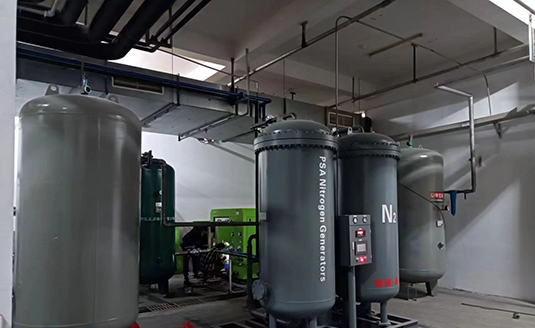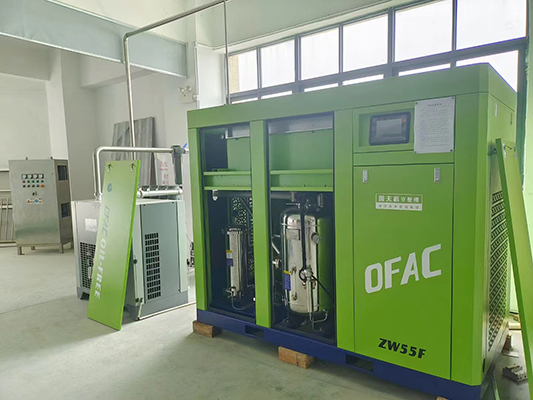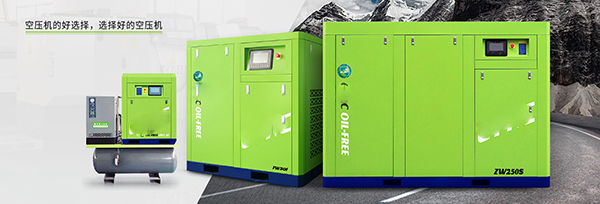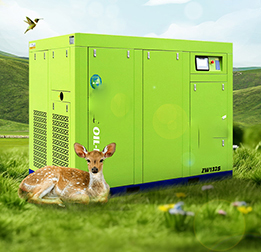low pressure air compressor maintenance tips to extend service life and ensure stable output
News 2025-10-24
Low pressure air compressors play a critical role in industrial settings, powering everything from pneumatic tools to automated assembly lines in sectors like manufacturing and automotive. These systems deliver energy-efficient air pressure, reducing operational costs and minimizing environmental impact compared to high-pressure alternatives. However, their reliability depends on consistent maintenance to prevent failures that could halt production. By focusing on key upkeep strategies, businesses can enhance longevity, maintain stable output, and avoid unexpected downtime, ensuring smooth operations in processes where precision and efficiency are paramount.

Routine Inspection Practices
Conducting regular inspections helps identify issues early, preserving the compressor’s efficiency and output stability. Operators should check for air leaks in connections and hoses, monitor pressure and temperature gauges for irregularities, and examine filters for blockages that could reduce airflow. Additionally, assessing vibration levels and listening for abnormal sounds can signal mechanical wear. In applications such as food processing or pharmaceuticals, where air quality is vital, these checks ensure compressors meet hygiene standards, supporting consistent performance and extending service life through proactive care.
Optimal Cleaning and Lubrication Techniques
Effective cleaning and lubrication are essential for reducing friction and preventing component degradation in low pressure air compressors. Regularly remove dust and debris from the unit and its environment to avoid overheating and efficiency losses. Apply manufacturer-recommended lubricants at scheduled intervals to minimize wear on moving parts, which is particularly important in high-cycle operations like continuous manufacturing. Replacing worn components, such as seals and belts, maintains pressure consistency and flow rates, enhancing the compressor’s role in energy-saving processes and ensuring reliable output over time.
Frequently Asked Questions
1. How often should I inspect a low pressure air compressor?
Inspections should occur weekly or monthly based on usage intensity; daily visual checks are ideal for high-demand environments to catch issues early and maintain stable performance.
2. What are common causes of unstable output in these compressors?
Unstable output often results from clogged filters, inadequate lubrication, or voltage fluctuations; addressing these through routine maintenance can restore consistency and extend equipment life.
3. Can proper maintenance reduce energy consumption?
Yes, by ensuring components are clean and well-lubricated, maintenance can improve efficiency, lowering energy use and operational costs while supporting sustainable industrial practices.


